Can You Meme That? Asking for a Brand.
By now, everyone’s heard the story of the kiss-cam moment at the Coldplay concert, and if you haven’t, TikTok will gladly overexplain it with more drama than you asked for. As the video went viral, users and brands alike saw an opportunity to jump on the trend... regardless of the consequences.
Brands like Tesla, Netflix, StubHub, and even Aldi dove in headfirst.
Screenshots of X accounts Tesla, Netflix and Aldi USA showing their take on the viral Coldplay Meme
Aldi’s version? A side-by-side meme: the viral couple labeled “other grocers” and “the membership fees they told you not to worry about,” with an innocent bystander labeled “us over here with the lowest prices.”
Viral? Yes.
Iconic? Maybe.
Legal? We’re not so sure.
Their Facebook post earned 322K likes, 23K+ comments, and 62K+ shares. But we’ve got to ask: was it worth it?
Trends Are Fun. Until They’re Not.
As a content consumer, there’s nothing I love more than a juicy viral moment. But as a social media director? Trends are complicated.
I already know what’s coming from my team and clients:
“Can we use this sound?”
“Can we meme that video?”
“What if it’s in the business library?”
“What if we’re a small brand?”
“What if we’re not technically selling anything?”
And that’s exactly the problem: what if a moment of virality ruins your entire brand?
So, what’s the risk?
Copyright
Let’s start with the obvious. The image used in Aldi’s meme appears to be sourced from the viral concert video (not original content). If permission wasn’t secured from the copyright holder, that raises potential copyright concerns, especially in a commercial context.
Publicity rights
Another potential concern is publicity rights. If the individuals featured in the photo didn’t provide consent or sign a release, using their likeness for commercial purposes, especially in a branded meme, can raise legal and ethical questions. Even in public spaces, consent matters when it comes to advertising or promotion.
Real people + no release = real risk.
Potential backlash
Forget the legality of it all, these are people’s lives we’re talking about. A viral moment may not be worth the backlash of posting a personal situation online for the world to see. Yes, you may get lots of views, but again, at what cost to the people involved?
But isn’t that Fair Use?
But wait, isn’t it allowed if you aren’t promoting your brand directly or if you create a parody of the original?
Fair Use is a legal doctrine that allows limited use of copyrighted material without permission from the rights holder — but only under specific circumstances.
It’s designed to protect things like:
Parody
Commentary
News reporting
Education
Research
Parodies do fall under Fair Use; however, it doesn’t automatically protect marketing or commercial use. And most of the time, brand memes don’t qualify because they’re not transformative enough, used for commercial gain or built on someone else’s creative moment.
AR Marketing’s Take
So, how do bigger brands get away with it?
It’s not just Aldi. Many large brands have jumped on viral trends using celebrity images, memes, and even unlicensed sounds. It’s not that they don’t know the rules; it’s that they’re often willing to take the risk.
Big brands typically have legal teams, budgets for settlements, and the confidence that enforcement is rare, especially if the original subjects don’t object or the content is already circulating widely online. In many cases, the viral payoff outweighs the potential legal pushback.
But just because they can, doesn’t mean you should. For smaller brands, the same move could result in a takedown, an account ban, lost client trust, or legal consequences that do more harm than good.
What we advise
Not every trend is for your brand, and sometimes you’ll be glad you sat out. Here’s our “Can we meme that?” checklist:
Prioritize brand fit over viral FOMO
Create their own spin on trending formats
Use original or licensed content
Consider risk vs. reward (and long-term brand trust)
Understand that fair use is not a loophole for fast engagement
Don’t chase clout, build credibility
Viral moments end but brand trust is forever.
Want to make trends work for you, not against you? Let’s chat: www.a-rmarketing.com/contact


